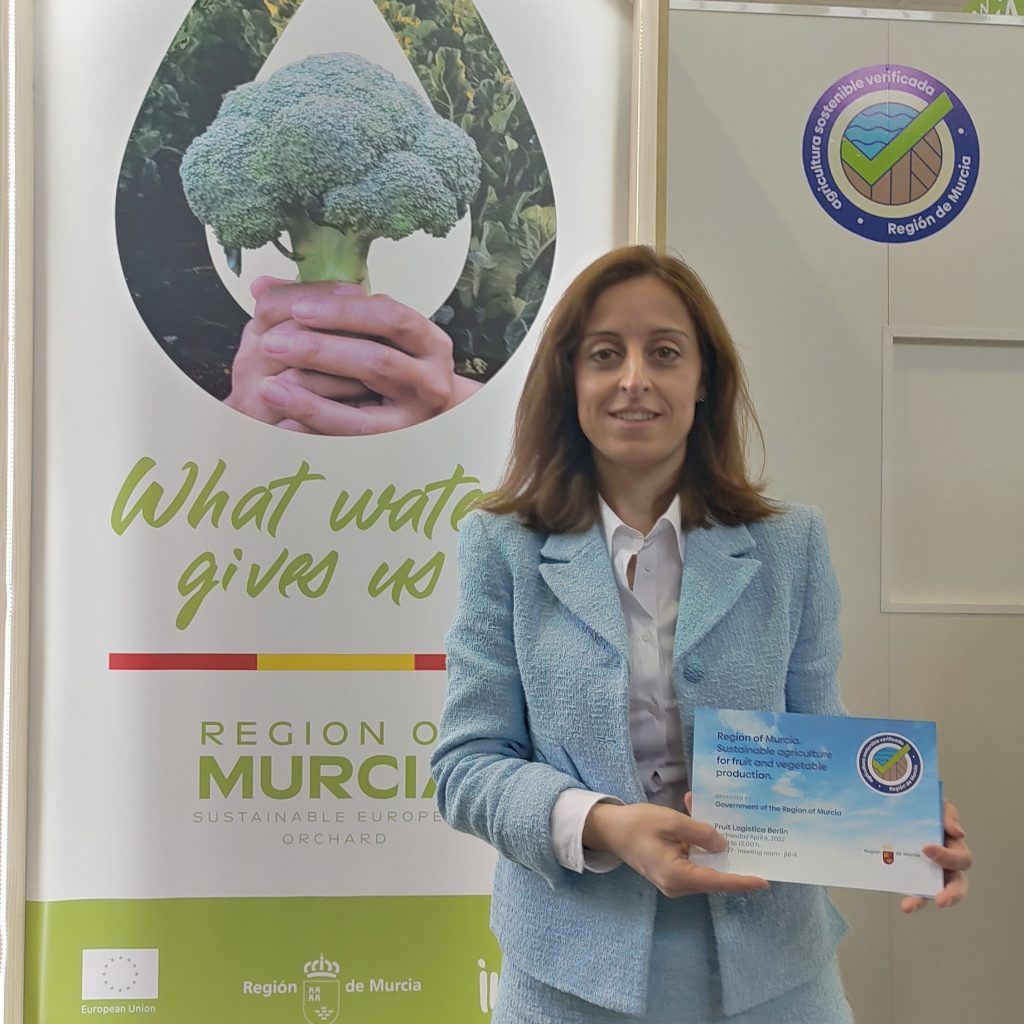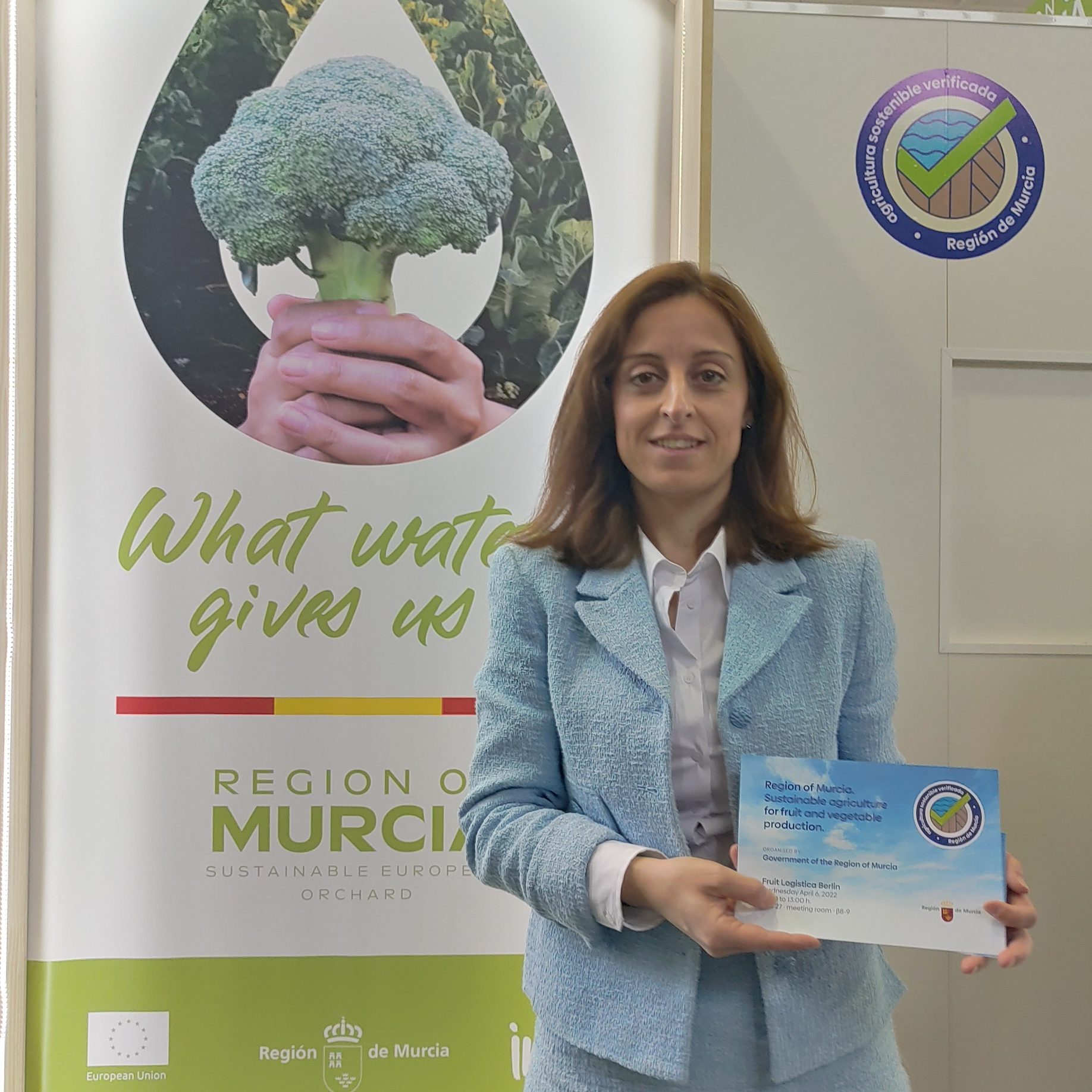Murcia, Europe’s increasingly sustainable orchard
Murcia’s authorities have started implementing its sustainable agriculture seal, under Law 3/2020, which is aimed at protecting and rehabilitating the Mar Menor area. The law requires the use of advanced farming technologies and imposes specific restrictions in order to avoid future environmental damage to the Mar Menor and its surroundings.
Verified Sustainable Agriculture with annual audits
“All companies must be audited for their agriculture practices,” said Remedios Garcia Poveda, general director for agriculture of Murcia’s regional government. Audits are to be conducted annually for greenhouse cultivations, every two years for open-air irrigated crops, and every three years for non-irrigated crops.
“If a farm combines the three types of crops, it has to be audited annually,” said García Poveda.
The audits and the “Verified Sustainable Agriculture” seal are means of demonstrating compliance with the legislation and communicating with consumers. Audits are conducted by inspection companies accredited by the region’s agriculture and environment authority (CARM).
Advanced sustainable farming is a reality
The use of advanced technology for sustainable farming (e.g. drip irrigation) has long been a reality in the region. Over 70% of irrigated fields are already equipped with humidity detectors to control the use of water and soil infiltration. The new law makes this practice compulsory. To prevent leakage of non-organic fertilisers, it is now forbidden to use them during the main rainy periods (April-May and September-October). Their use is also prohibited during exceptionally powerful storms, which are occurring with greater frequency due to climate change (around twice every three years). The use of organic fertilisers is also restricted to 175 kg per hectare.




